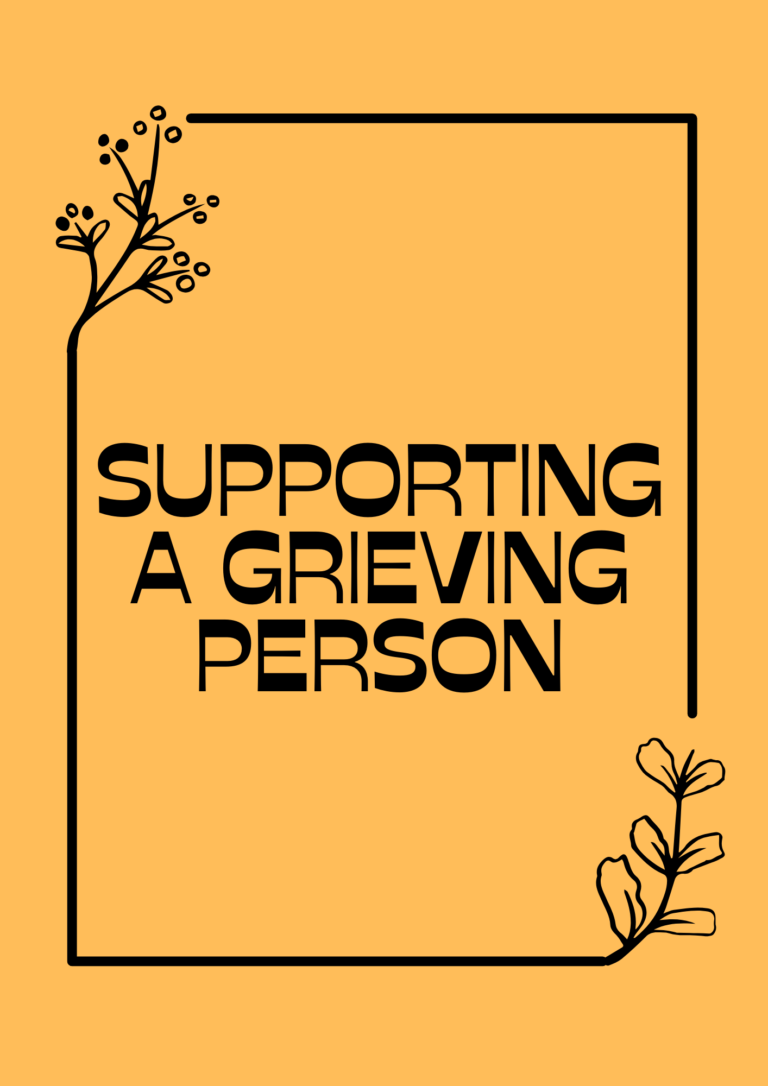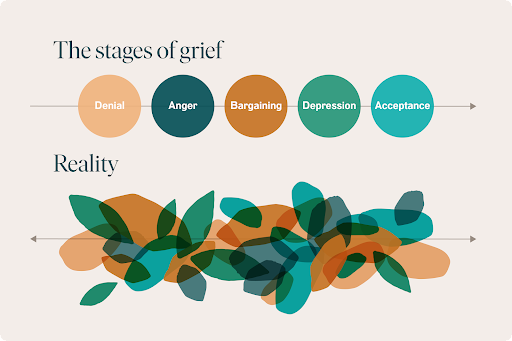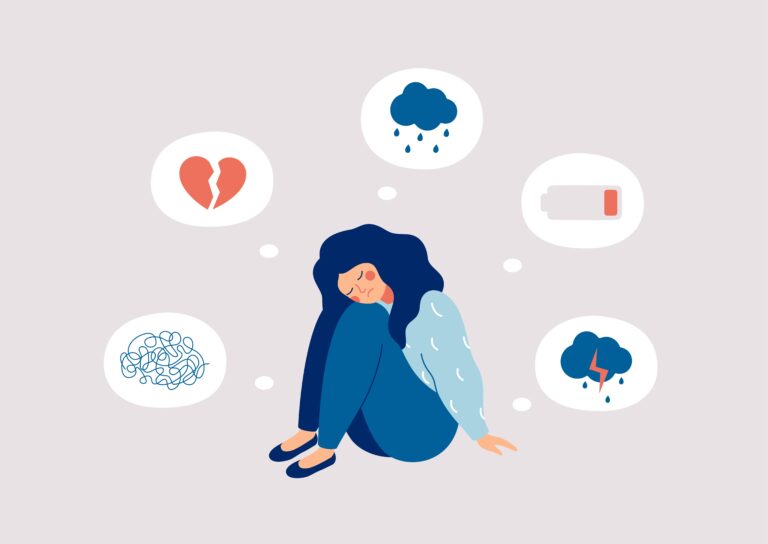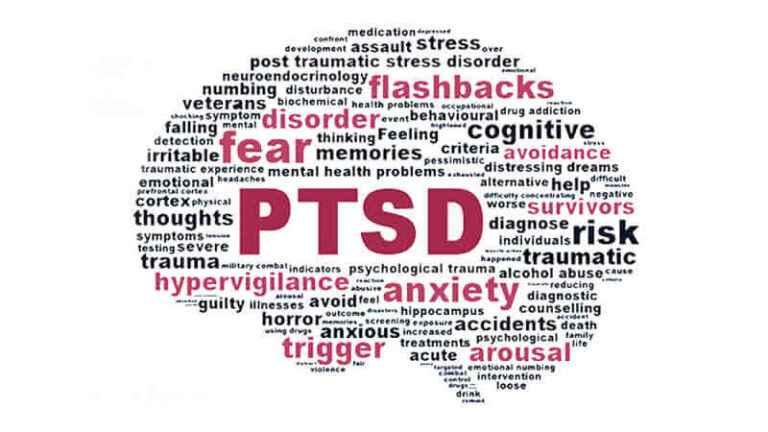10 Things to Expect During Therapy Sessions

A therapy session is a problem-solving-centered intervention. It is an excellent place to find meaningful solutions for your situation. As you may know, a problem shared is a problem half solved. Therapy offers a lot more. You get to share your issues, find solutions, and have someone walk with you on your journey to wellness.
Your role in each session is to elaborate on your situation, progress, limitations, stagnancy, and impact. You also get to ask questions. There are a couple of things you can generally expect as a counselee or a client. Firstly, it is important to note that different therapists/counsellors adopt different therapeutic approaches, which may vary in process. However, below are a few things you can expect if you ever go for therapy.
1. Initial Assessment
For the first few sessions, the therapist/counsellor will engage you in an initial assessment to gather information about your background, medical history, current concerns, and goals for therapy. They may inquire about your personal history, relationships, symptoms, and any related factors that may be a factor in your current situation.
2. Building Rapport: Establishing a strong therapeutic alliance is key for effective therapy in counselling. During rapport building, your counsellor will aim at creating a safe, non-judgmental, and supportive environment where you feel contented discussing your thoughts and emotions.
3. Goal Setting: In collaboration with your counsellor, you will identify definite goals you will work towards during therapy. These short or long-term goals serve as a guide toward measuring your progress.
4. Exploration and Self-reflection: Therapy also offers an opportunity to explore your thoughts, feelings, and behaviors in-depth and more meaningfully. Your counsellor may engage you in open-ended questions and encourage self-reflection. Questioning, for instance helps the therapist to gain insights into your thinking patterns and fears.
5. Developing Coping Strategies: During therapy, your counsellor will also teach you some coping strategies and techniques that are always tailored to your needs. Examples of these coping skills and strategies include;
- Stress management techniques
- Problem-solving skills
- Communication skills and strategies
- Relaxation exercises, among other evidence-based approaches.
6. Emotional Support: Therapy sessions also offer a space for you to express and process emotions. During such instances, the counsellor listens attentively, validates your experiences when necessary, and offers empathy and support to navigate difficult emotions or life challenges.
7. Skill-building and Behavior Change: Counselling may incorporate learning new skills or making behavioral changes depending on your individualized goals. Through various approaches, including Cognitive Behavioral Therapy, your therapist can help you develop new healthier habits, improve communication skills, enhance self-esteem, and manage anxiety or depression symptoms.
8. Homework and Practice: During therapy sessions, your counsellor may assign you homework or propose activities to practice outside the therapy room. These assignments mostly reinforce the concepts discussed during therapy sessions and assist you in applying them in real-life situations. For example, for an individual with social phobia, the therapist may request they attend a social gathering and greet at least five people.
9. Progress Evaluation: Periodically, you and your counsellor will be required to examine the progress made towards therapy goals. As a counselee, progress evaluation allows you to reflect on the changes made so far and areas that require more attention and adjust to the treatment plan if necessary.
10. Confidentiality: Lastly, confidentiality is a critical aspect of therapy. In most countries, therapists are bound by ethical and legal obligations to keep their sessions confidential, except in definite situations where there may be a risk of harm to yourself or others. During the therapy’s first session, your therapist will explain their confidentiality policy.
Conclusion
Remember, therapy is a collaborative process. In this case, the content and structure of each session will vary based on your needs and the therapeutic approach adopted by your therapist. So, it is essential to have open and honest communication with your therapist, as they are there to support you on your journey toward better mental health and well-being.






